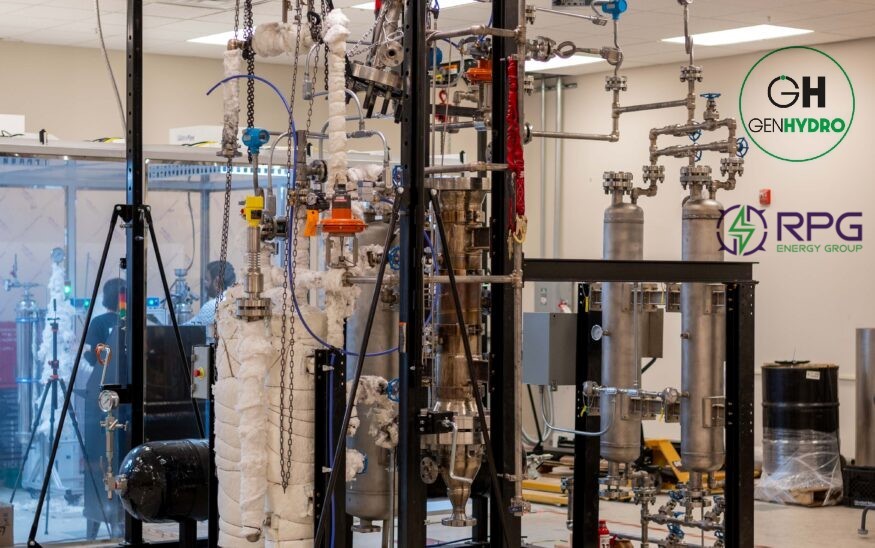

GenHydro, a company based in Lancaster, has announced a new partnership with RPG Energy Group from Indianapolis, Indiana. The aim of this collaboration is to deploy on-site commercial-scale renewable energy power plants. These plants will offer zero emissions, reliable, on-demand energy independence and distributed hydrogen production. The goal is to help accelerate decarbonisation goals for multiple industries around the world.

This partnership will leverage GenHydro’s innovative technology, which converts waste aluminium into high-value, renewable products using steam. By combining this technology with RPG’s solutions and background in the renewables and construction industry, the two companies hope to accelerate the development of the most advanced renewable energy and hydrogen production system of its kind to be deployed at a commercial scale.
The founder and president of GenHydro, Eric Schraud, said in a statement: “Through our partnership with the talented team at RPG Energy Group, we are now well-positioned to deploy our on-site commercial systems globally and ahead of schedule.”
“The GenHydro reactor system can provide emissions-free hydrogen, as well as electrical and thermal energy, allowing a single, on-site system to meet a wide variety of clean energy needs. By strategically aligning with RPG, our mission to kick-start the renewable energy revolution is well within reach,” Schraud explained.
The partner and CEO of RPG Energy Group, Jami Krynski, commented: “When you bring together two incredible teams like RPG and GenHydro, the output and value proposition to the environment and to the marketplace is completely unparalleled.”
One of the benefits of GenHydro’s system is the ability to deliver thermal and electrical energy on-site. This means that distributed electricity generation at industrial scales is more probable than ever before. The traditional hurdles to clean energy are removed, providing a viable solution for hard-to-abate industries such as manufacturing, aviation, and freight shipping. According to Schraud, this is an exciting development that has the potential to revolutionize the way we think about renewable energy.



Responses






